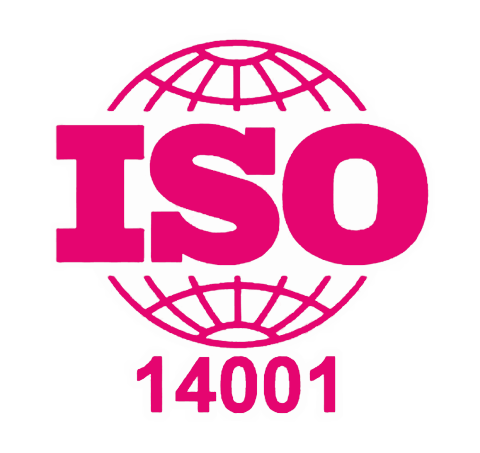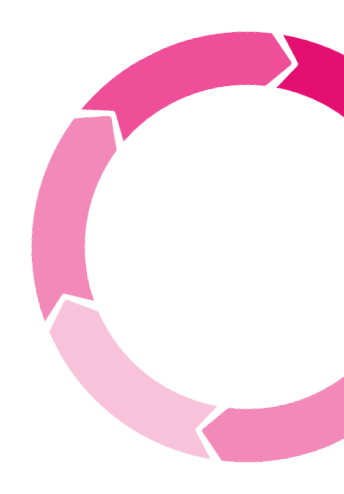
What is ISO 14001?
Building a greener future through smarter business
By Stefaan Vanhalle – R&D Manager
On April 23, 2025, STAXS® achieved a significant milestone by obtaining ISO 14001 certification, marking another important step in our ongoing commitment to sustainability. This achievement reflects our company’s dedication to reducing our environmental impact and continually improving our environmental performance. In this white paper, we aim to take a closer look at what ISO 14001 really means for a company like STAXS®, and how this certification supports its broader sustainability goals.

What is ISO 14001?
In a world where sustainability is no longer a choice but a necessity, businesses are seeking ways to reduce their environmental impact without sacrificing efficiency or profitability. ISO 14001 offers exactly that: an internationally recognized framework that helps organizations improve their environmental performance in a logical, practical, and proven way.
At its core, ISO 14001 is about creating an Environmental Management System (EMS), a structure that helps businesses become more environmentally conscious and responsible in everything they do. But it’s not just about policy; it reaches into everyday operations and long-term strategy alike.
Next: The opportunities ISO 14001 offers...
Want to read the rest of the article? Please fill out your email adress and the company you work for down below.
| What makes ISO 14001 so effective is its flexibility. The system adapts to your organization’s unique context, whether you’re a multinational company or a small local business. It takes into account who you are, how you operate, and what environmental impact your activities have. From that starting point, the standard guides you in setting realistic goals, and achieving them. | What sets ISO 14001 apart is that it doesn’t just focus on risks and regulations. It’s also about recognizing opportunities. Opportunities to work smarter, to use resources more efficiently, to cut costs, and at the same time, to build stronger relationships with customers and employees. More and more, people choose to support businesses that take their environmental responsibility seriously. |
Data-driven and future-proof
One of the key principles behind the standard is engagement, not just from leadership, but from the whole organization. ISO 14001 calls for active involvement from top management, not just in setting environmental policy but in living it, communicating it, and building it into the culture. And when that kind of engagement is present, employees tend to take ownership and contribute meaningfully to continuous improvement.
The system helps you gradually gain insights into your operations, track what’s working, and identify areas for improvement. And it’s all driven by data, not guesswork. That means fewer costly mistakes, more timely adjustments, and a much greater chance that your improvements will actually stick.
ISO 14001 is built around the well-known Plan-Do-Check-Act (PDCA) cycle, a method that allows organizations to implement, test, and refine changes in a structured, forward-thinking way. It’s this logic that makes the system not just solid, but future-proof. You’re building a business that’s ready for the challenges ahead.

Why you should take responsibility
The benefits of ISO 14001 speak for themselves. Companies that implement it typically see a reduction in environmental risk, lower energy and material costs, more favorable insurance premiums, and a stronger reputation in the market. And that last one—your reputation—is often as valuable as the financial gains.
And there’s another often-overlooked benefit: people want to work for organizations that stand for something. By committing to sustainable practices, you not only attract more motivated talent but also deepen employee engagement. Sustainability becomes not just a strategic choice, but a human one.
ISO 14001 isn’t a silver bullet. But it is a practical, powerful way to take real responsibility for the environment, for your business, and for the future.
